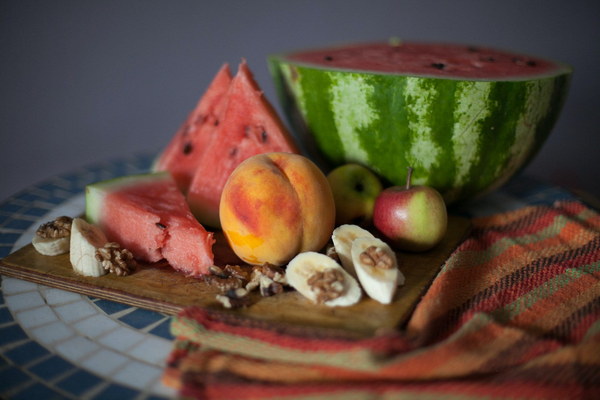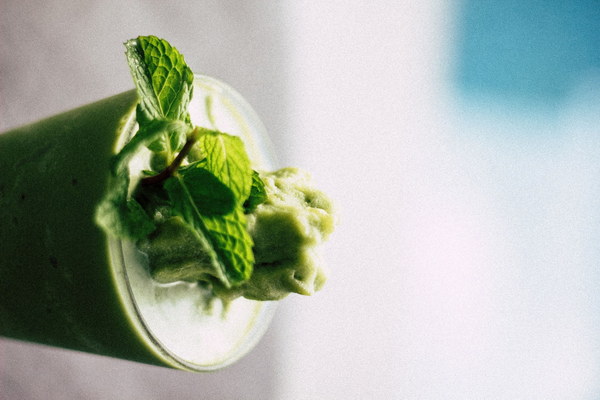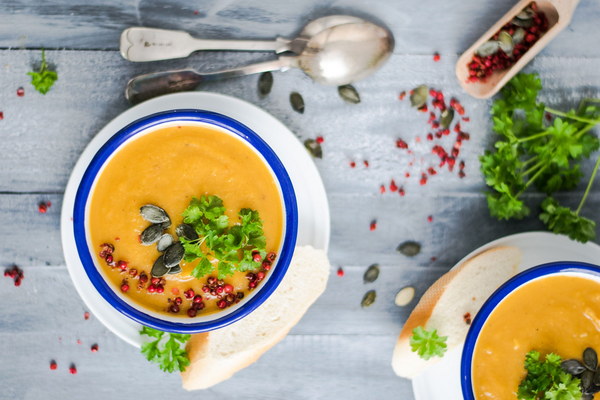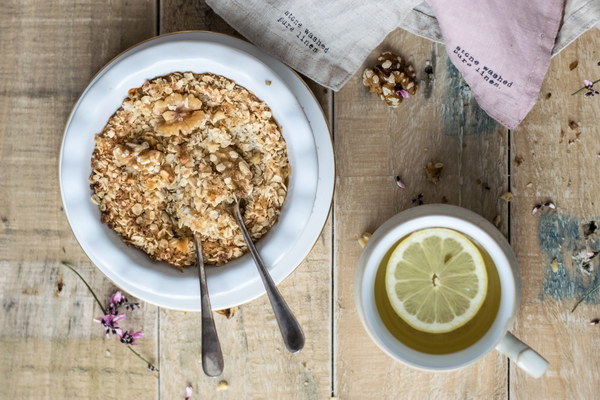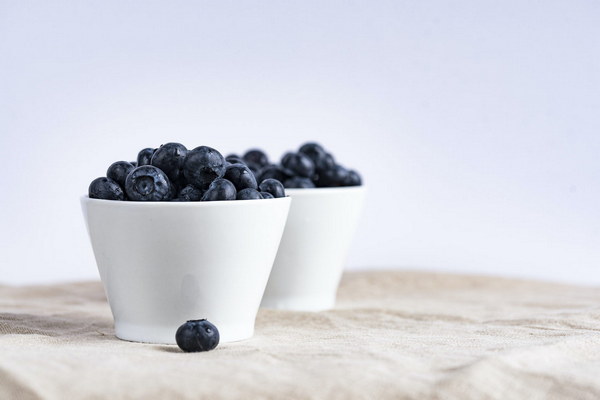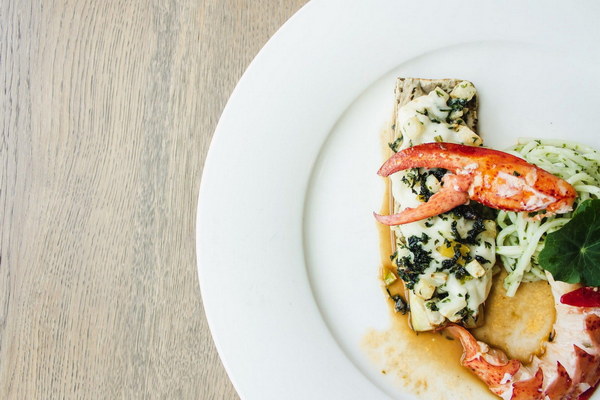Revitalize Your Heart and Gallbladder A Comprehensive Guide to Heart and Gallbladder Qi Deficiency Dietary Therapy
Introduction:
Heart and gallbladder Qi deficiency is a common traditional Chinese medicine (TCM) diagnosis, referring to a condition where the body lacks the necessary energy to perform its functions optimally. This condition can manifest in various ways, including anxiety, irritability, palpitations, and poor digestion. To address this imbalance, TCM offers a holistic approach that includes dietary therapy. In this article, we will explore the key principles of heart and gallbladder Qi deficiency dietary therapy and provide a comprehensive guide to help you revitalize your heart and gallbladder.
Understanding Heart and Gallbladder Qi Deficiency:
In TCM, the heart and gallbladder are closely connected, both in terms of their physiological functions and emotional expression. The heart governs the mind, emotions, and blood, while the gallbladder governs decision-making, courage, and the regulation of bile. A deficiency in either organ can lead to an imbalance that affects the other.
Symptoms of Heart and Gallbladder Qi Deficiency:
- Anxiety and irritability
- Poor sleep, including insomnia
- Palpitations or irregular heartbeat
- Lack of concentration
- Poor digestion
- Stiffness or pain in the neck, shoulders, or chest
Dietary Therapy for Heart and Gallbladder Qi Deficiency:
1. Focus on Balancing Yin and Yang:
To address heart and gallbladder Qi deficiency, it is essential to balance the body's Yin and Yang energies. Foods that are cooling and calming are typically recommended for the heart, while those that are warming and invigorating are beneficial for the gallbladder.
2. Nourish the Heart:
Foods that nourish the heart should be rich in vitamins, minerals, and antioxidants, which can help regulate blood flow and support emotional well-being. Some heart-nourishing foods include:
- Almonds: Rich in magnesium and vitamin E, almonds can help calm the nerves and reduce anxiety.
- Avocado: High in healthy fats, vitamins, and minerals, avocado can support heart health and improve digestion.
- Quinoa: A complete protein that is also rich in magnesium, quinoa can help regulate heart rhythm and improve sleep.
3. Strengthen the Gallbladder:
To strengthen the gallbladder, it's important to consume foods that promote the production and flow of bile. These include:
- Artichoke: Known for its ability to stimulate bile production, artichoke can help improve digestion and reduce bloating.
- Green tea: Rich in antioxidants and caffeine, green tea can boost metabolism and support gallbladder function.
- Olive oil: A healthy fat that can help regulate bile flow and reduce inflammation.
4. Limit Stimulants and Acidic Foods:
To avoid exacerbating heart and gallbladder Qi deficiency, it is important to limit the intake of stimulants, such as caffeine, nicotine, and alcohol. Additionally, acidic foods can irritate the gallbladder and lead to further discomfort. Foods to avoid include:
- Citrus fruits
- Tomatoes
- Carbonated drinks
5. Incorporate Herbs and Spices:
Certain herbs and spices can help balance the body's Qi and support heart and gallbladder health. Some beneficial options include:
- Chamomile: A calming herb that can help improve sleep and reduce anxiety.
- Turmeric: A spice that has anti-inflammatory properties and can support digestion.

- Cinnamon: A warming spice that can help regulate blood sugar levels and improve circulation.
Conclusion:
Heart and gallbladder Qi deficiency can be a challenging condition to manage, but with a focus on dietary therapy, you can help restore balance and improve your overall well-being. By incorporating heart-nourishing and gallbladder-strengthening foods into your diet, as well as avoiding stimulants and acidic foods, you can take the first steps toward a healthier heart and gallbladder. Remember to consult with a healthcare professional or a TCM practitioner before making significant changes to your diet or starting any new treatment.


